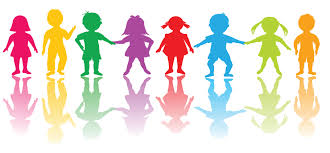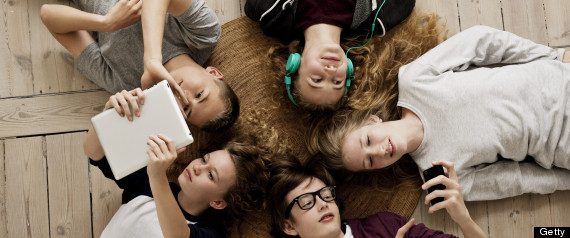
Introduction to Portfolio
This semester I pondered with many ideas of what to write about for this semester in English 1B. I appreciate as a student that I was allowed to explore any topic and write about it. With that said, I started out wanting to write about the mythology of Atlantis. I strayed way off that topic and decided to write about something that was more meaningful to me: divorce. It is interesting me because I come from a divorced family and was curious how divorce affected children in the process. In my portfolio, you will see information about, well, divorce. The divorce rate in America averages about 50% of marriages will come to an end. Getting remarried is an option that many people will considered. However, about 65% of people will get divorced in their second marriage. Unfortunately divorce doesn’t just affect the adults, it affects the children greatly. I was curious as to how a failed marriage affects a child and if it could possibly hinder them in their adult years. Through my research, I was able to gather information about the effects such as: depression, anxiety, trouble in school, and trouble connecting with peers. I explored in what ways a child could be helped through a divorce and three beneficial, but different therapy strategies came about: Play Therapy, group therapy, and individual therapy.
Through my research, I was able to learn a lot about children and the impact divorce has on them mainly depending on the age that they are during the time of their parents divorce. That is how the three different types of therapy play a role into this. Each therapy is designed specifically for different age groups. Younger children show better results with Play Therapy; middle aged children work better in group therapy; adolescents work better with individual therapy. This information I learned, I found insightful because it could help a parent be more aware of the different types counseling and what would be suited best for their child depending on their age. I learned that doing research is actually a lot of work, but it can be fun because I’m learning about something that is important to me. It should be important to our society, so that we can provide children with a solution. As cliche as it sounds: the children are the youth of our nation. As a writer, I learned there is always room for improvement for writing skills. Each semester, I’m constantly learning new writing techniques like synthesising. This was a little difficult for me, but I’m fully capable of incorporating that in my future writing assignments.
The longest paper that I have ever written was The Proposal, but I would consider my Literature Review Assignment my best work. With scholarly sources I’m able to provide the information that supports how divorce can cause severe negative effects, “such as addictive, impulsive or hyperactive conducts or antisocial behaviors” (Malone et al). This can definitely add to physiological effects on a child and could impact them in their adult years with their social skills. However, “it is possible that that the children whose parents divorced would experience the same negative outcomes, or more problems had their parents remained married” (Mohi). Here, I’m able to present an opposing argument from another scholarly source to shine a more positive light on the outcome divorce has on a child. This was not the main focus of my paper, but added more information to help the reader better understand my topic.
My main goal for my final project was to create a website that provided information about different types of therapies for age groups. It was targeted mainly for children, but I added a section for the parents to get a better understanding of how to be helpful during the process. I wanted to create something that allowed easy access to children and also wanted to remind them that they are not alone. My website didn’t turn out as well as I wanted it to, but with the technological challenges I have, I did the best I could. I wish I would have asked a friend who was more savvy with web design to help me incorporate a more effective and advanced website.










You must be logged in to post a comment.